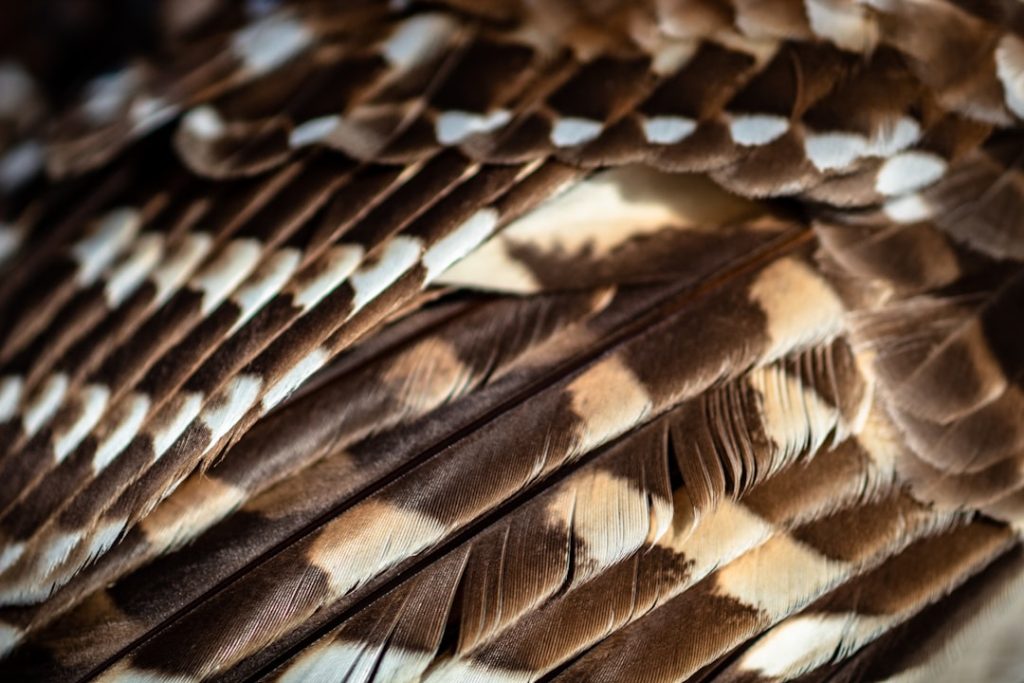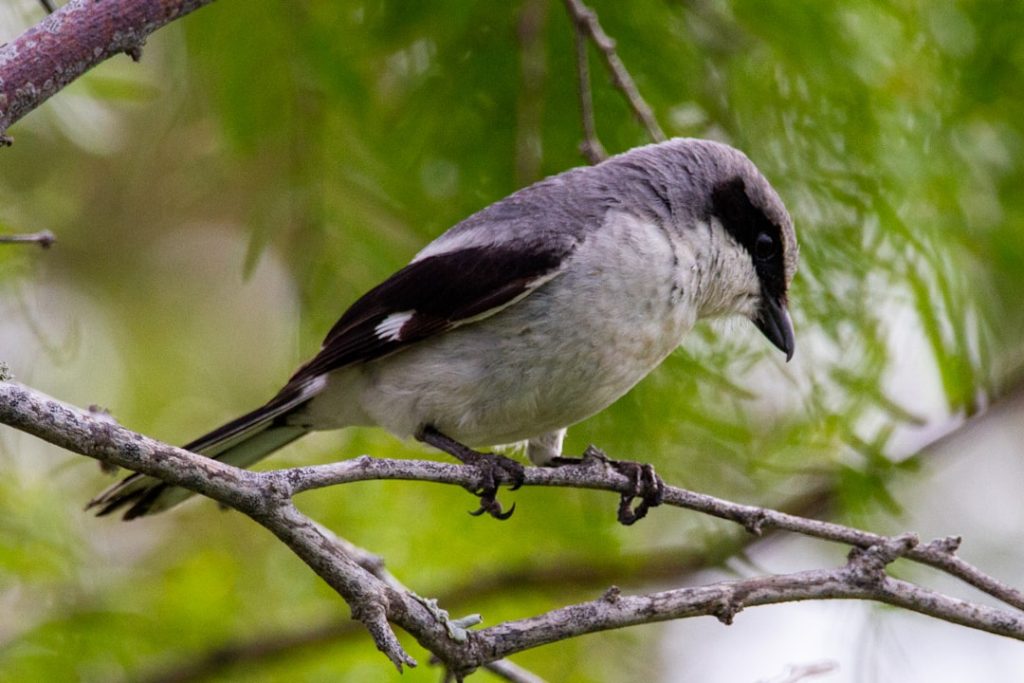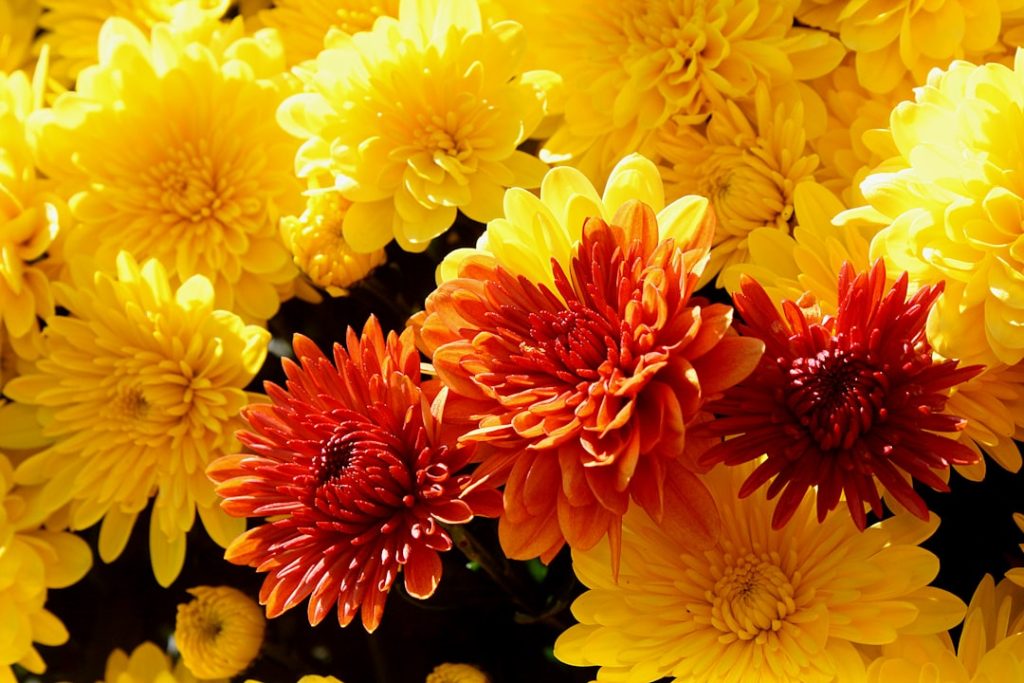
Eavesdropping
I hear, I overhear,
I listen
to the swallows, the creek, a truck climbing the hill.
their songs collide and spill over
the dam of my ears.
I hear the dawn song of the birds, the dusk song
of the little frogs, the night songs,
all the night songs.
Owls call to their mates and
trees creak as they rub their branches together.
I would listen to your prayers but
there are no listening gods.
There are only the all seeing stars.
A spiral galaxy that makes no sound
as it spreads its arms
to take up the universe’s undoing.
Listen, we have reached the end of our poem
it winds down like a unsprung watch,
registering its last few beats,
second hand twitching to a stop.
Published on The Laundry Line, October 14, 2025.




